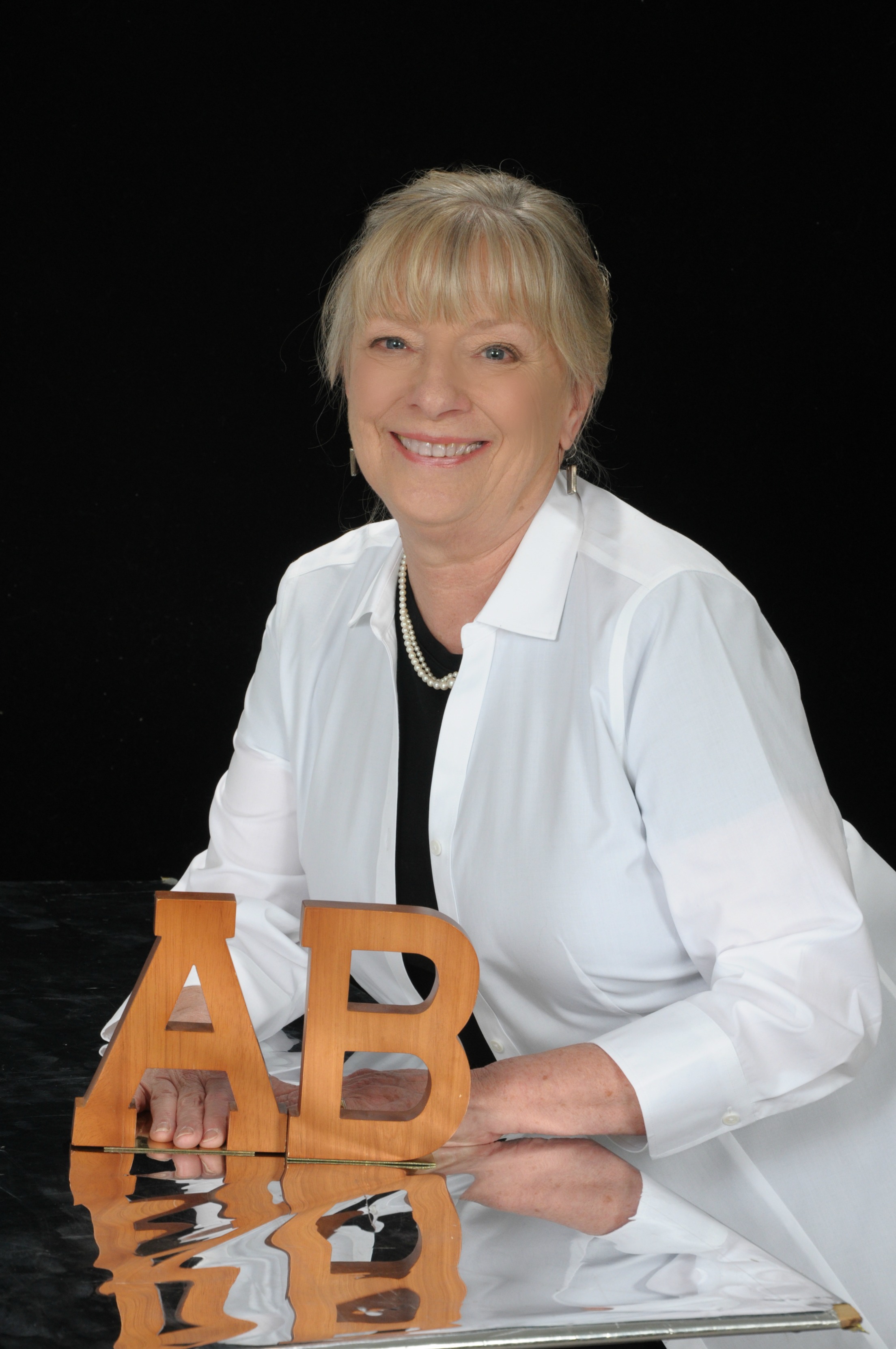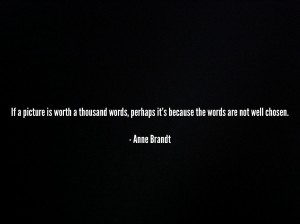Bruce Springsteen and his E Street Band sing to me on their HBO special, and the years fall away. I remember how I originally became acquainted with The Boss.
My son, Kevin, and his friend, Ryan, were barely old enough to drive, but they were certainly old enough to love raucous bands and renegades. As teens, they collected Bruce Springsteen’s music and watched his videos on the fledgling MTV.
When they learned he was performing at Alpine Valley in Wisconsin, they absolutely had to be in the audience. It was the summer of 1984, and I was their driver.
He moves from the end of one song into the beginning of the next without a pause, except maybe for a smile at the collective audience and a wink at his guitarist wife. He calls her “Red.”
Now he’s gearing up for his current rendition of “Badlands.” It’s my favorite Springsteen song. The pulsing rhythm, the words, the hope.
He pounds his guitar, swipes his forehead, looks across to Clarence Clemons. The audience mimics the words. He and Stevie van Zandt duet above one microphone, crying about the badlands. In my heart, I cry too.
This is an older, beefier version of Bruce.
“I believe in the love that you gave me,” he roars, before seguing into the guitar solo. He and Clarence almost stand at attention while the audience starts to hum and momentarily takes over. Then he’s singing again.
“It ain’t no sin to be glad you’re alive . . .”
His instrument hangs just like always, and his concentration on fingering the guitar licks is as intense as ever.
In winter, Alpine Valley is a minor Midwest ski resort. In summer, one of the sloping valleys that give the resort its name becomes a theater with a makeshift stage in the bottom and the audience seated on the lawn that rises all around.
This was one of Kevin and Ryan’s first live rock concert, and to say they were excited was as trite as it gets. They were beyond excited.
Within my television screen Bruce jumps on the baby grand, sweat coursing down his face and the back of his shirt. He stares down at his feet, and spreads his arms, something like a hawk waiting to descend. He pauses, but the music continues.
He wears the same familiar black jeans and an equally black shirt with a tab collar, just as he did back then.
When Bruce raises his head, the camera comes in close. Time has not really diminished the firm head of dark, curly hair. Few wrinkles appear on his forehead. Bruce’s voice still approximates the sound of gravel, and the passion with which he belts lyrics is as strong as ever.
We arrived at Alpine Valley in the early afternoon and joined the other eager attendees. As afternoon edged toward evening, we watched sound checkers run around the stage, moving equipment and testing for audibility.
Finally, the sun set and the sweet smell of beer rose in the night air. The entire lawn around the stage had completely disappeared as fans clustered close together. Three screens loomed over the crowd, so those in the back could see what was happening.
Then Bruce and his band took the stage. They started loud and hard with “Born in the USA,” and the audience went wild. To be honest, I had never listened to Bruce Springsteen before that Alpine Valley concert. I’d heard the names of his hits, but never paid attention to the songs themselves.
From time to time, the cameras pan the audience, revealing thousands of fans with bodies swaying and arms waving in the air. The smallness of my television screen does not diminish the people in the throng. They stand thick and deep; and when Bruce holds his microphone toward them, they sing as one voice. Bruce stops singing. The band stops playing. But the fans know the melody and words by heart and they finish the song without accompaniment.
“Is there anybody alive out there?” he calls to the crowd. They call back.
“Is there anybody alive out there?” he yells again, riling them.
The music was so loud I couldn’t hear the words. The audience approval was even louder, and I realized I was in for a night that would definitely strain my middle-aged ears.
Yet, I felt myself being drawn along. Bruce beat his guitar into submission, and the crowd roared. He strutted across the stage and jabbed at the audience, as we bobbed our heads and clapped. He caressed the microphone as if it were a woman, while we watched and approved.
There must have been several thousand people in the audience, but he sang to each one of us. And he clearly had a grand time doing it. It wasn’t a polished stage show that some singer had rehearsed in a studio; it was raw and spontaneous, although I’m sure it incorporated bits and antics that had already been tried and proven.
From time to time, I looked at Kevin and Ryan, one on either side of me. They were hypnotized, oblivious; and while I couldn’t follow a single word Bruce said that night, I saw his hold on my two young dates.
Bruce stands at center stage behind a microphone in a tight spot of white light. The band is in black shadows. He has no guitar, no harmonica. Only himself. It’s a quiet moment for The Boss, and I wonder what will happen.
He breaks into a rendition of “The River,” a song not so much about unfulfilled dreams as about never having the chance to try for them in the first place. It has always been sad, but now Bruce sings it even sadder. He has pared down the accompaniment over the years, and I wonder if there are dreams in his life that were lost along the way. In the background Stevie wails in commiseration.
Four hours later Bruce was still going strong, but I was exhausted. I needed to get away from the noise and the close smell of people, so I yelled into Kevin’s ear that I was going to the car and would wait there for the show to end. He hardly heard me, and he cared less.
I picked my way through the crowd, past the beer stands which had closed a couple hours earlier, through the doors into the holding area, and then out the doors that led to the parking lot. Bruce’s voice followed me.
The parking lot, which was practically empty when we arrived, was now as jammed as the arena inside. But it was dark and I could stretch without interfering with someone else’s personal space. My ears and eyes throbbed as I breathed in the cool night. I walked to my car, unlocked it, and eased into the driver’s seat to rest.
Finally the distant-yet-not-so-distant music stopped, but the audience continued to yell. It had the sound of a train passing in the night, starting out loudly but finally floating away, moving on. Eventually, when it became clear the musical headliners were not coming back, the din subsided. After that, people burst from Alpine Valley, like a human flood, to claim their cars.
It was two hours before we inched to the head of the exit line and left the parking lot. Two o’clock in the morning never looked so good. Still, it took another two hours before we pulled into the driveway at home in Libertyville, Illinois. My husband and other children had been chasing their own dreams for hours. Kevin and Ryan and even the radio had all gone quiet somewhere along the way.
Now The Boss and his band sing “American Skin,” a controversial new song about a man who was shot forty-one times by New York City policemen who thought he was armed and dangerous. The truth is the man was neither; but the other significant truth is the man was black. Local politicians have decried the song, but audiences approve.
Here are some other truths. My son grew up, went to college, and settled in another state. He still loves ragged bands and renegades, although the names of the performers have changed.
The HBO special winds down as Bruce walks off stage. Credits roll in preparation for the next program on the schedule. I read every single one, and think of all the times I’ve listened, truly listened, to Bruce’s music since Alpine Valley twenty years ago. I have bought his albums, learned the words, and followed his tours. My admiration became the legacy of that night.
The HBO special ends. It makes me sad. Sad that the son I once drove to Alpine Valley no longer needs a chauffeur. The HBO special makes me feel satisfied too. Satisfied that this son of mine has navigated childhood and entered adulthood intact. I’m also satisfied that I’m somewhat, but not quite, alone.
The Boss remains.








Leave a Reply